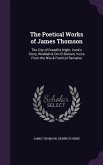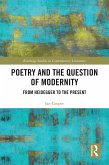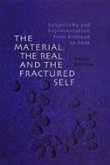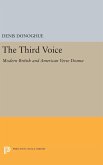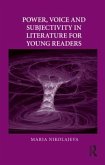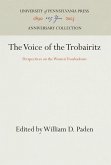Imperial Rome privileged the elite male citizen as one of sound mind and body, superior in all ways to women, noncitizens, and nonhumans. One of the markers of his superiority was the power of his voice, both literal (in terms of oratory and the legal capacity to represent himself and others) and metaphoric, as in the political power of having a "voice" in the public sphere. Muteness in ancient Roman society has thus long been understood as a deficiency, both physically and socially. In this volume, Amy Koenig deftly confronts the trope of muteness in Imperial Roman literature, arguing that this understanding of silence is incomplete. By unpacking the motif of voicelessness across a wide range of written sources, she shows that the Roman perception of silence was more complicated than a simple binary and that elite male authors used muted or voiceless characters to interrogate the concept of voicelessness in ways that would be taboo in other contexts. Paradoxically, Koenig illustrates that silence could in fact be freeing-that the loss of voice permits an untethering from other social norms and expectations, thus allowing a freedom of expression denied to many of the voiced.
Hinweis: Dieser Artikel kann nur an eine deutsche Lieferadresse ausgeliefert werden.
Hinweis: Dieser Artikel kann nur an eine deutsche Lieferadresse ausgeliefert werden.


